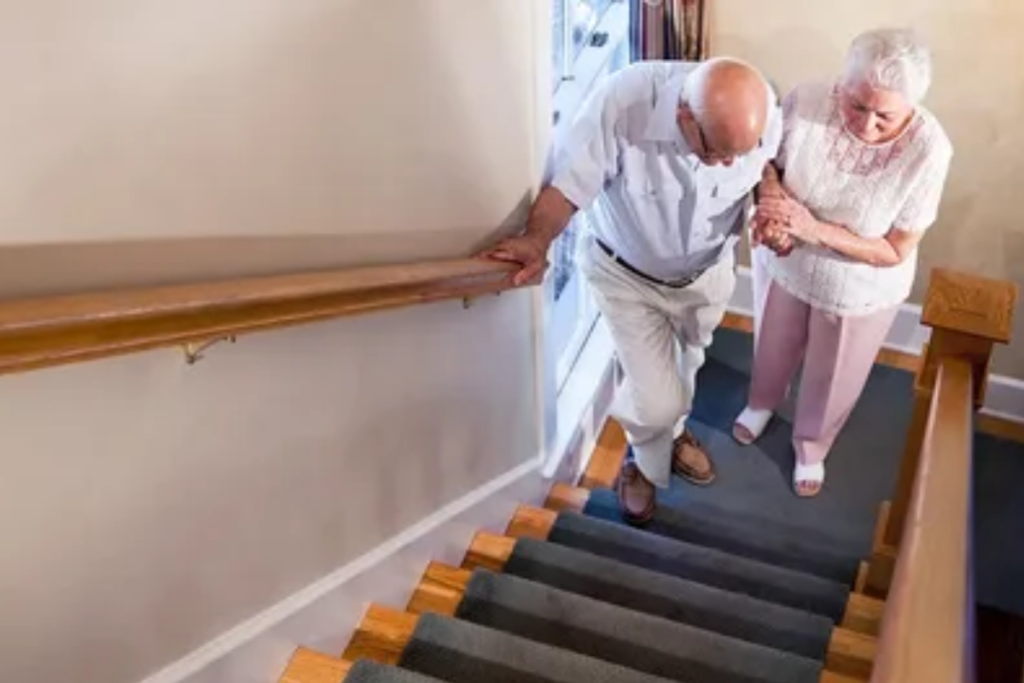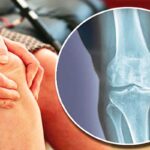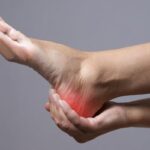
As we age, the risk of falls increases, making fall prevention an essential aspect of maintaining health and independence. Seniors are particularly vulnerable to falls due to factors such as reduced muscle strength, balance issues, and medications. Here, we discuss comprehensive fall prevention strategies to help seniors stay safe at home. These tips are not only practical but also essential for minimizing risks and ensuring a safe living environment.
Understanding the Risks
Falls can lead to serious injuries, including fractures, head injuries, and even death. According to the Centers for Disease Control and Prevention (CDC), one out of four older adults falls each year, but less than half report this to their doctor. Understanding the common causes of falls is the first step in prevention:
- Muscle Weakness: Reduced muscle strength in the legs is a major risk factor.
- Balance Issues: Conditions like vertigo or simply poor balance can lead to falls.
- Medications: Some medications can cause dizziness or lower blood pressure, increasing fall risk.
- Environmental Hazards: Clutter, loose rugs, and poor lighting can create dangerous obstacles.
- Chronic Conditions: Arthritis, diabetes, heart disease, and other conditions can affect mobility and stability.
Fall Prevention Strategies
1. Home Modifications
Making changes in the home environment can significantly reduce fall risks:
- Remove Clutter: Keep floors clear of unnecessary items. Ensure pathways are wide and free of obstructions.
- Secure Rugs and Carpets: Use non-slip mats and secure rugs to prevent slipping.
- Install Grab Bars and Handrails: Place grab bars in bathrooms next to the toilet and inside the shower. Handrails should be on both sides of staircases.
- Improve Lighting: Ensure all areas of the home are well-lit. Use nightlights in hallways and bathrooms to provide visibility during nighttime trips.
- Use Non-Slip Mats: Place these in the bathtub and on bathroom floors to prevent slipping.
2. Exercise Regularly
Regular physical activity can improve strength, balance, and coordination:
- Strength Training: Exercises like squats and leg lifts strengthen muscles.
- Balance Exercises: Tai Chi and yoga are excellent for improving balance.
- Flexibility Exercises: Stretching can maintain and improve flexibility.
3. Medication Management
Review medications with a healthcare provider to identify any that might increase fall risk. Adjustments or alternatives can often be found that minimize side effects such as dizziness or drowsiness.
4. Vision and Hearing Checks
Regular vision and hearing check-ups can detect issues that might contribute to falls:
- Vision: Ensure prescriptions for glasses are up-to-date. Consider single-vision distance glasses for outdoor activities to reduce fall risk.
- Hearing: Address hearing loss which can affect balance and awareness of surroundings.
5. Footwear Choices
Wear shoes that provide good support and have non-slip soles. Avoid high heels, slippers, and walking barefoot.
6. Use Assistive Devices
If necessary, use canes, walkers, or other assistive devices to help maintain balance and support.
7. Educate and Empower
Educate seniors and caregivers about fall risks and prevention strategies. Empower them to take proactive steps in maintaining safety.
8. Regular Health Check-Ups
Routine check-ups can help manage chronic conditions and ensure overall health:
- Bone Health: Ensure adequate calcium and vitamin D intake. Consider bone density testing.
- Nutrition: Maintain a balanced diet rich in nutrients to support overall health and muscle strength.
Summary
Preventing falls among seniors is crucial for maintaining their health and independence. By understanding the risks and implementing these practical strategies, seniors can significantly reduce their chances of falling and sustaining injuries. Regular exercise, home modifications, and proper medication management are key components in fall prevention. Additionally, ensuring proper footwear, utilizing assistive devices, and having regular health check-ups can greatly contribute to a safer living environment.
For personalized advice and comprehensive care, consult with experts like Dr. Ashish Suryawanshi, known as the Best Orthopedic Surgeon in PCMC, with clinics located in Nigdi and Thergaon. Dr. Suryawanshi and his team are dedicated to providing exceptional orthopedic care and fall prevention guidance to help seniors lead safe and healthy lives.




